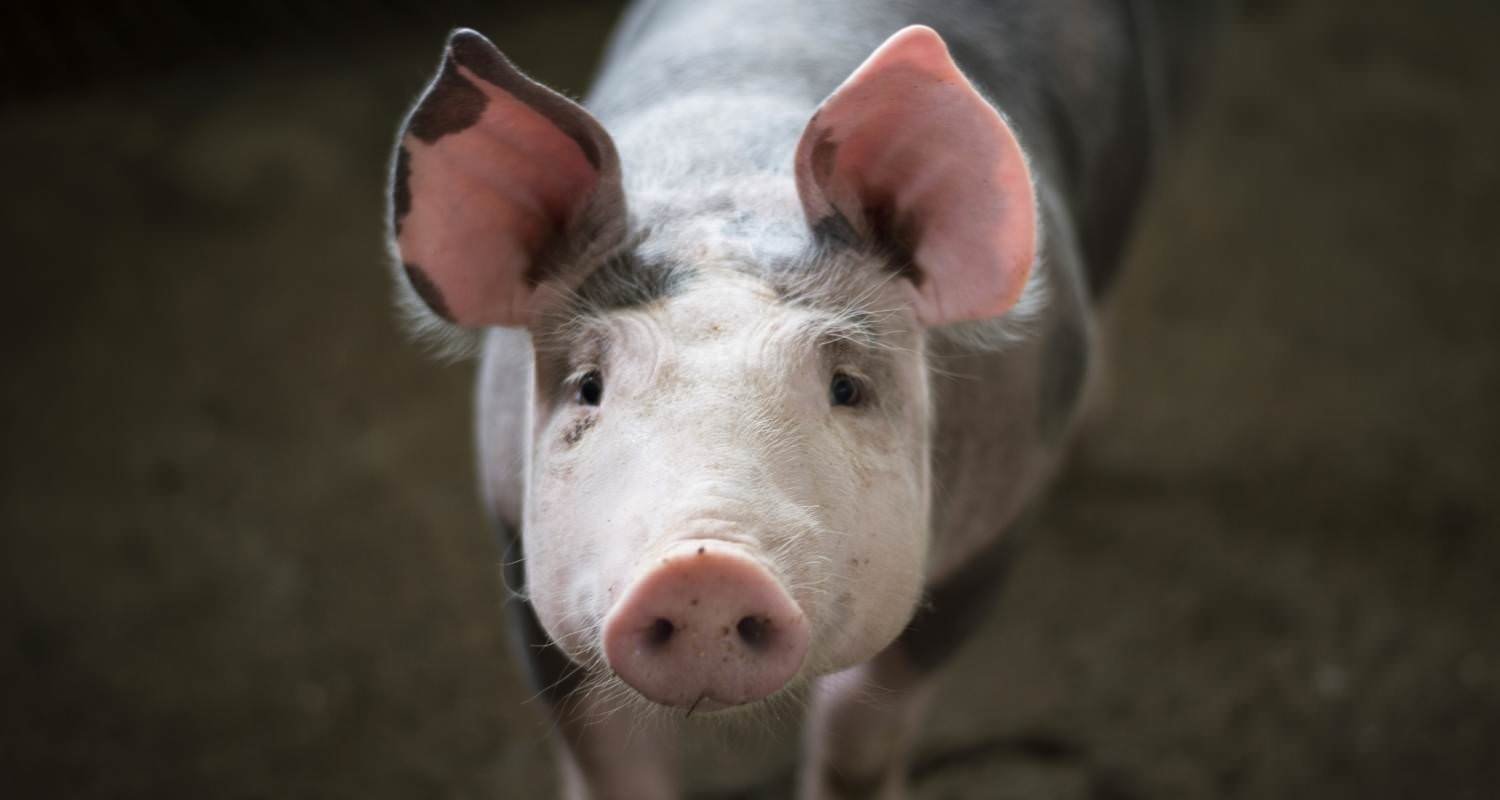Why Don’t People Care About Animal Suffering?
Animal suffering is an issue that doesn’t cross people’s minds very often. Many believe it’s inevitable, so they avoid putting much thought into it. Others are unaware of the horrors occurring behind the walls of factory farms. In fact, most people who are vegan today used to eat meat without a second thought before witnessing the cruelty and transitioning to a meat-free lifestyle.
So, what’s the psychological difference between vegans and non-vegans? What is it about us that makes us particularly concerned about animal welfare? You may be thinking: “Poor animals! I want to save them all… Why doesn’t anyone else seem to care?”. So, let’s examine this phenomenon more closely.
How Do Most Humans Perceive Animals?
This is a question we must ask ourselves before we can truly understand why so much of our society partake in animal cruelty. Do most of us view animals as commodities, sentient beings, beings who are deserving of rights, or in a different way entirely?
Because animals are so different from us, and we don’t typically interact with most other species, it’s hard to perceive them accurately. Some believe fish don’t feel pain, so they don’t feel bad at all about eating them. Some have never been around a cow, so they’ve never realized how similar their personalities are to that of dogs, man’s best friend!
Likewise, because humans have developed such a close relationship with dogs, we tend to understand and care for them more than we do other species. We may view them as deserving of rights, and ultimately, of love and care. In fact, some people will spend thousands of dollars on dog toys, pet food, grooming, veterinary bills, and other pet-related expenses. Others will even opt for adopting a dog instead of having children. Still, not all of those who do thoughtful things for their canine friends have excluded cow, pig, or chicken meat from their diets.
This paradox had actually prompted a 2020 study on humans’ perception of animals, which accounted for 11 evaluative qualities, including “valence”, “familiarity”, “capacity to think/feel”, “similarity to humans”, and ultimately, “edibility”.
Among those participating in the study, over half were educated women, and all were between the ages of 18 and 71. Additionally, most were non-vegan, but cared for a pet at home.
In general, they found that most participants were fond of mammals, perceiving them as familiar, cute, similar to humans, and capable of thinking/feeling. Meanwhile, groups like spiders, bivalves, worms, snails, and insects were perceived as having low thinking capacity and elicited the least feelings of care and protection. Among these participants, women were more likely to perceive animals as familiar, capable to feel, and non-edible.
Participants who’d reduced their meat intake perceived animals as less edible and were generally more concerned about their protection. Those who had pets viewed animals as cuter, higher in valence, and believed them to have a higher capacity to think and feel. And finally, those who had pets during their childhood thought even more highly of most animals in terms of valence, cuteness, and capacity to think.
How Can We Shift People’s Perception of Animals?
According to these findings, the more we consider and relate to animals, the more we’re inclined to perceive them as deserving of rights, and thus, non-edible. So, those who perceive animals in this way will be more likely to avoid meat consumption, and opt for alternatives, instead.
So, the issue of concern for animal welfare may not suggest an intrinsic difference between vegans and non-vegans, but rather how much each individual can relate to, and has learned about different animals. This can be observed even among vegans and vegetarians. Some people who opt for plant-based meats may continue to kill insects or small rodents in their homes. This may be especially true if they are unsure which can be poisonous or harmful. In this regard, our knowledge and understanding of animals and their behavior can greatly influence the way we treat them, and whether we can justify killing them (i.e. for our own survival) or not.
So, perhaps the answer to helping people develop feelings of care toward animals is to simply educate them on their various qualities, behaviors, intelligence, and capabilities. This way, they can begin to relate to each species, and view them as deserving, sentient beings.
We hope we were able to give you new insight into why our perceptions of animals can differ so greatly. Hopefully, you’ll take this information and use it to help shift the narrative of animal rights in our society, or among your peers. Thanks for reading, and good luck on your vegan journey!




